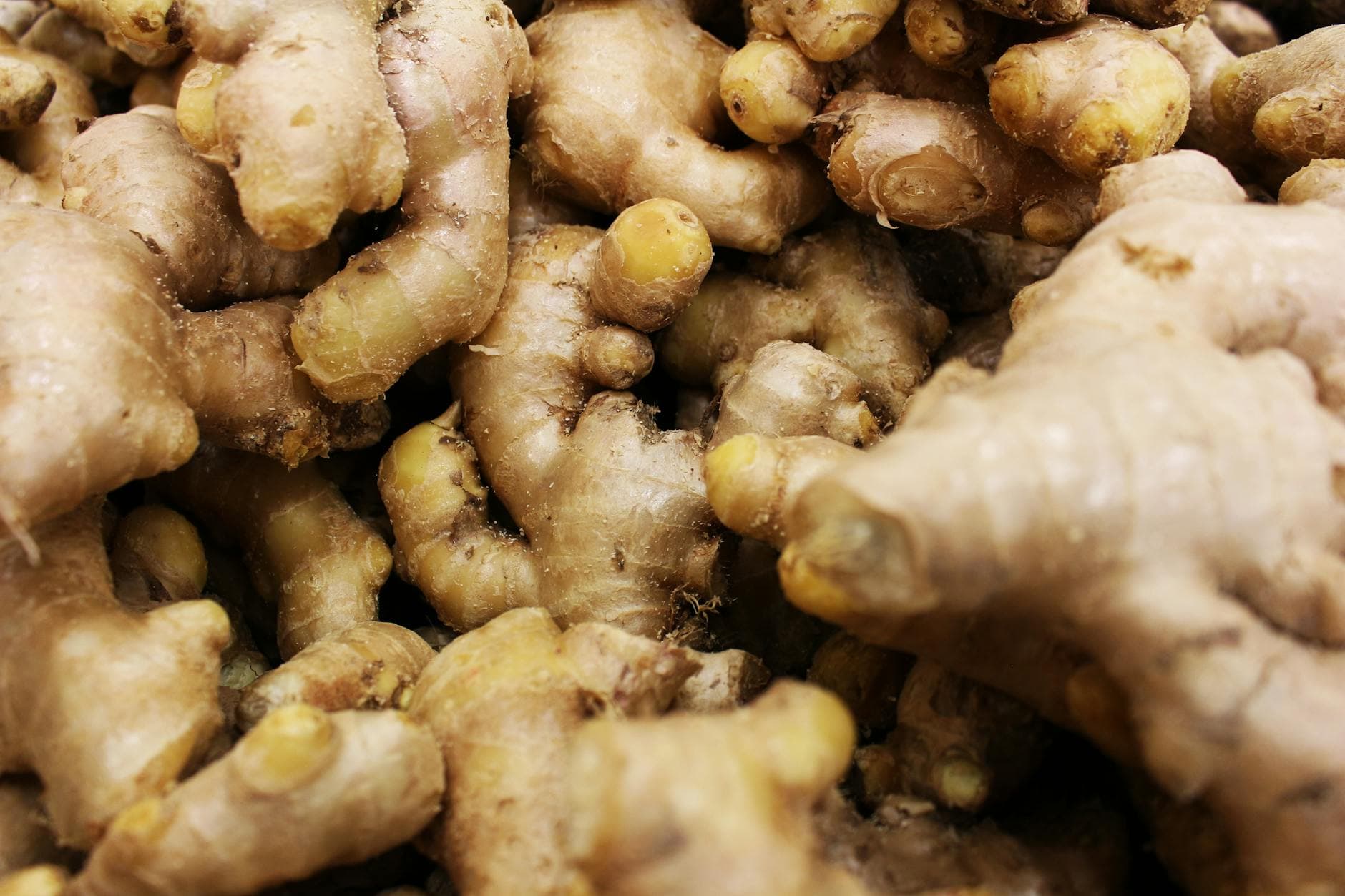As men age, a common health concern that often arises is benign prostatic hyperplasia (BPH), more commonly known as an enlarged prostate. This non-cancerous condition can significantly impact quality of life, leading to bothersome urinary symptoms that disrupt daily routines and sleep. While conventional medical treatments are available, many men seek natural and herbal approaches to manage BPH symptoms and support overall prostate health. This comprehensive guide from Healbal explores the causes, symptoms, and evidence-based natural strategies to help you navigate life with an enlarged prostate.
Causes
Benign prostatic hyperplasia (BPH) is primarily a condition of aging. While the exact cause isn't fully understood, it's believed to be linked to hormonal changes that occur as men get older, particularly concerning testosterone and dihydrotestosterone (DHT), a potent derivative of testosterone. The prostate gland, which surrounds the urethra, tends to grow throughout a man's life. In some men, this growth becomes significant enough to compress the urethra, leading to urinary problems.
Key Factors Contributing to BPH:
- Aging: BPH rarely causes symptoms before age 40, but its prevalence increases steadily with age. About half of men in their 50s and up to 90% of men in their 80s have some degree of BPH.
- Hormonal Changes: An imbalance in male hormones, specifically the conversion of testosterone to DHT, is thought to play a crucial role. DHT stimulates prostate cell growth. Estrogen, which also increases in aging men, may also contribute to prostate growth.
- Genetics: A family history of BPH, especially in fathers or brothers, can increase a man's risk of developing the condition.
- Lifestyle Factors: While not direct causes, certain lifestyle choices and health conditions can exacerbate symptoms or increase risk. These include obesity, heart disease, type 2 diabetes, and lack of physical activity.
Symptoms
The symptoms of BPH are collectively known as lower urinary tract symptoms (LUTS). These symptoms arise when the enlarged prostate compresses the urethra, blocking the flow of urine, and when the bladder muscle thickens and becomes more sensitive due to the increased effort required to push urine through the narrowed passage. Symptoms can range from mild to severe and may fluctuate over time.
Common Symptoms of BPH:
- Frequent Urination: Needing to urinate more often, especially at night (nocturia).
- Urgency: A sudden, strong urge to urinate that is difficult to postpone.
- Weak Urine Stream: A diminished force of urine flow.
- Intermittent Stream: Urine flow that starts and stops multiple times.
- Straining to Urinate: Needing to push or strain to initiate urination.
- Feeling of Incomplete Emptying: The sensation that the bladder is not fully empty after urination.
- Dribbling at the End of Urination: Leakage of urine after the main flow has stopped.
When to See a Doctor (Red Flags):
While BPH is not cancerous, its symptoms can mimic more serious conditions, including prostate cancer. It's crucial to consult a healthcare professional if you experience any of the following:
- Sudden inability to urinate (acute urinary retention). This is a medical emergency.
- Blood in the urine.
- Painful urination or burning sensation.
- Persistent or worsening urinary symptoms.
- Fever or chills, especially with urinary symptoms, which could indicate an infection.
- New onset of back, hip, or pelvic pain.
A doctor can properly diagnose BPH, rule out other conditions, and discuss the most appropriate management plan for your individual needs.
Natural Remedies
Beyond specific herbal interventions, several lifestyle and dietary adjustments can play a significant role in managing BPH symptoms and supporting overall prostate health. These approaches focus on reducing irritation, improving urinary function, and promoting general well-being.
Effective Natural Strategies for BPH Management:
- Dietary Adjustments:
- Limit Caffeine and Alcohol: Both are diuretics and can irritate the bladder, increasing urinary frequency and urgency.
- Reduce Fluid Intake Before Bed: To minimize nocturia, try to avoid drinking large amounts of fluids a few hours before sleep.
- Eat a Prostate-Friendly Diet: Emphasize fruits, vegetables, and healthy fats. Foods rich in lycopene (tomatoes), omega-3 fatty acids (fatty fish), zinc (pumpkin seeds), and selenium (Brazil nuts) are thought to be beneficial.
- Stay Hydrated: While reducing fluids before bed, ensure adequate hydration throughout the day to prevent concentrated urine, which can irritate the bladder.
- Regular Exercise: Physical activity can help manage weight, which is a risk factor for BPH, and improve overall circulation, potentially benefiting prostate health. Even moderate exercise like walking can be helpful.
- Pelvic Floor Exercises (Kegels): While often associated with women, men can also benefit from strengthening pelvic floor muscles. These exercises can help improve bladder control and reduce post-void dribbling.
- Stress Management: Stress can exacerbate urinary symptoms. Techniques like meditation, deep breathing exercises, yoga, or spending time in nature can help reduce stress levels.
- Bladder Training: Gradually increasing the time between bathroom visits can help the bladder hold more urine and reduce urgency. This should be done under guidance, especially if symptoms are severe.
- Avoid Decongestants and Antihistamines: Over-the-counter cold and allergy medications containing these ingredients can worsen BPH symptoms by preventing the bladder from emptying completely.
- Warm Baths: Some men find that a warm bath can help relax pelvic muscles and alleviate discomfort.
Herbal Treatments
Several herbs have been traditionally used and scientifically studied for their potential to alleviate BPH symptoms. It's crucial to remember that while these herbs offer promise, they should be used under the guidance of a healthcare professional, especially if you are taking other medications, due to potential interactions.
Evidence-Based Herbal Options for BPH:
- Saw Palmetto (Serenoa repens):
- Benefits: This is one of the most well-researched herbs for BPH. It's thought to work by inhibiting the enzyme 5-alpha-reductase, which converts testosterone to DHT, thereby reducing prostate size. It may also have anti-inflammatory effects. Studies show it can help improve urinary flow, reduce nocturia, and lessen urgency.
- Usage: Typically taken as a standardized extract in capsule form (e.g., 160-320 mg daily, divided doses).
- Cautions/Interactions: Generally well-tolerated. Rare side effects include mild stomach upset or headache. May interact with blood-thinning medications (anticoagulants) due to potential antiplatelet effects, increasing bleeding risk.
- Pygeum (Prunus africana):
- Benefits: Derived from the bark of the African plum tree, Pygeum contains phytosterols that are believed to reduce inflammation in the prostate and improve bladder elasticity, leading to better urinary flow and reduced nocturia.
- Usage: Often available as a standardized extract in capsules (e.g., 50-100 mg twice daily).
- Cautions/Interactions: Generally safe. Mild gastrointestinal upset is possible. No significant drug interactions are widely reported, but caution with anticoagulants is sometimes advised due to theoretical risks.
- Nettle Root (Urtica dioica):
- Benefits: Often used in combination with saw palmetto or pygeum, nettle root extract is believed to interfere with prostate cell growth and reduce inflammation. It may help improve urine flow and reduce residual urine in the bladder.
- Usage: Commonly found in capsules or as a tea. Dosing varies by extract concentration (e.g., 120 mg twice daily for extracts).
- Cautions/Interactions: Generally safe. May interact with blood thinners, blood pressure medications, and diuretics. People with kidney disease should use with caution.
- Rye Pollen Extract (e.g., Cernilton):
- Benefits: This extract from rye grass pollen is thought to relax smooth muscle in the urethra and bladder, improving urine flow and reducing inflammation. It may also have anti-androgenic effects.
- Usage: Available in tablet form, typically 60 mg three times daily.
- Cautions/Interactions: Well-tolerated with few side effects. No significant drug interactions have been reported.
- Pumpkin Seed Oil (Cucurbita pepo):
- Benefits: Rich in zinc, phytosterols, and other beneficial compounds, pumpkin seed oil may help improve urinary function and reduce prostate inflammation. Some studies suggest it can reduce BPH symptoms and improve quality of life.
- Usage: Can be consumed as an oil (e.g., 1-2 tablespoons daily) or in capsule form.
- Cautions/Interactions: Generally safe. No significant interactions are known, but people with allergies to pumpkin should avoid it.
Always choose high-quality, standardized extracts from reputable brands to ensure potency and purity. Discuss any herbal supplements with your doctor to ensure they are appropriate for your condition and won't interact with other medications you are taking.
Prevention
While BPH is largely an age-related condition, adopting a proactive approach to men's health can support prostate wellness and potentially mitigate the severity of symptoms or delay their onset. Prevention focuses on maintaining overall health and addressing risk factors.
Strategies for Prostate Health and BPH Prevention:
- Maintain a Healthy Weight: Obesity is a known risk factor for BPH. A balanced diet and regular exercise can help maintain a healthy BMI.
- Eat a Nutrient-Rich Diet: Focus on a diet rich in fruits, vegetables, and whole grains. Include foods high in antioxidants, zinc, and omega-3 fatty acids, such as berries, leafy greens, fatty fish, nuts, and seeds. Limiting red meat and processed foods may also be beneficial.
- Regular Physical Activity: Engage in at least 30 minutes of moderate-intensity exercise most days of the week. This not only helps with weight management but also improves cardiovascular health and circulation.
- Stay Hydrated (Wisely): Drink plenty of water throughout the day, but be mindful of fluid intake in the hours leading up to bedtime to reduce nocturia.
- Manage Stress: Chronic stress can impact hormonal balance and overall health. Incorporate stress-reduction techniques like meditation, deep breathing, or hobbies into your routine.
- Regular Medical Check-ups: Regular visits to your doctor, including prostate screenings as recommended, are crucial for early detection and management of any prostate issues.
- Limit Caffeine and Alcohol: Reducing intake of bladder irritants can prevent symptoms from worsening, even if it doesn't prevent BPH itself.










